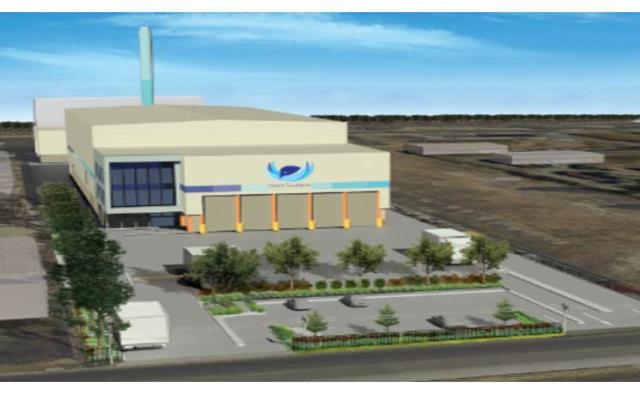
By Cam Lucadou-Wells
A joint-council proposal for a waste-to-energy plant in the South East is close to an “important milestone” despite an exodus of member councils.
As of 15 March, at least six of the 16 member councils had pulled out of a pre-tender contract for the South East Metropolitan Advanced Waste Processing Pty Ltd project.
Seven have signed up to the 25-year agreement, including Cardinia and Casey.
Frankston, Greater Dandenong and Mornington Peninsula are yet to decide, with Frankston councillors voting on whether to commit on 15 March.
The contract would commit the council to supplying a “minimum tonnage” of waste for 25 years to a waste-to-energy plant.
The site of the plant – expected to be in the South East – has yet to be announced.
The project aims to address a looming landfill shortage for councils in the East and South East.
There are no plans to build further landfills in the region.
Mick Cummins, who is interim chair of South East Metropolitan Advanced Waste Processing Pty Ltd, says the pulling-out of “some councils” was “anticipated”.
He said the procurement was based on volumes of household rubbish rather than the number of councils.
The committed waste tonnages would help inform the design of an appropriately sized facility.
“We are close to reaching an important milestone in the procurement that will give us the necessary information to include in the tender specifications.
“This is a complex multi-stage procurement, and we anticipated some councils would not proceed through to award the tender.
“Councils have been given the opportunity to consider their involvement at each stage and SEMAWP Pty Ltd respects the decision of councils who have chosen to opt out of the procurement.”
Mr Cummins, who is also chief executive of SEMAWP member Bayside Council, said a site had not been confirmed at this time.
“An advanced waste processing facility will need to be in appropriately zoned industrial land, meet local planning requirements, and have a safety distance around the facility to minimise impacts on communities, the environment and public health.”
The community would be consulted in the design and planning phases as well as in the Environment Protection Authority Victoria’s development licence process.
A report at Glen Eira Council stated that a majority of councils was needed to secure certainty of supply.
“If a majority of councils choose to not commit to the project, the project is unlikely to proceed.”
Greater Dandenong mayor Jim Memeti said the council exodus was “very concerning”.
It could hurt the project’s viability and increase costs borne by the remaining councils, he said.
He was also seeking assurances that the plant would not be located in Greater Dandenong, and that the proposed gate fee – believed to be up to $235 a tonne – would be reduced.
Currently, Greater Dandenong pays $167.66 per tonne gate fee – which is adjusted annually with CPI.
Cr Memeti was also concerned about locking the council into a 25-year contract when better technologies may surface in the next 5-10 years.
“We have to decide what’s the best thing for Greater Dandenong.”
Greater Dandenong is expected to vote on whether to commit to the project on 28 March.







